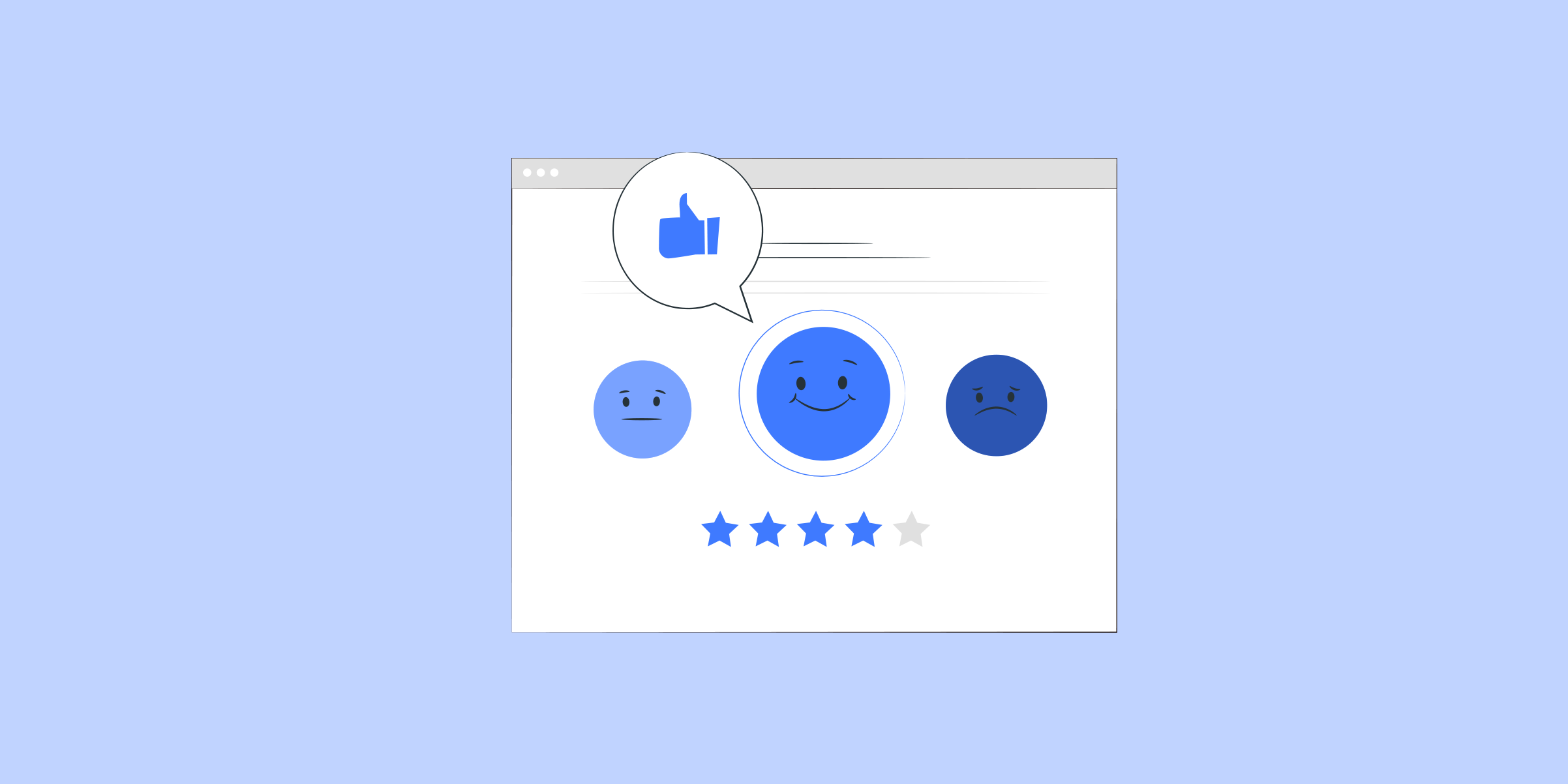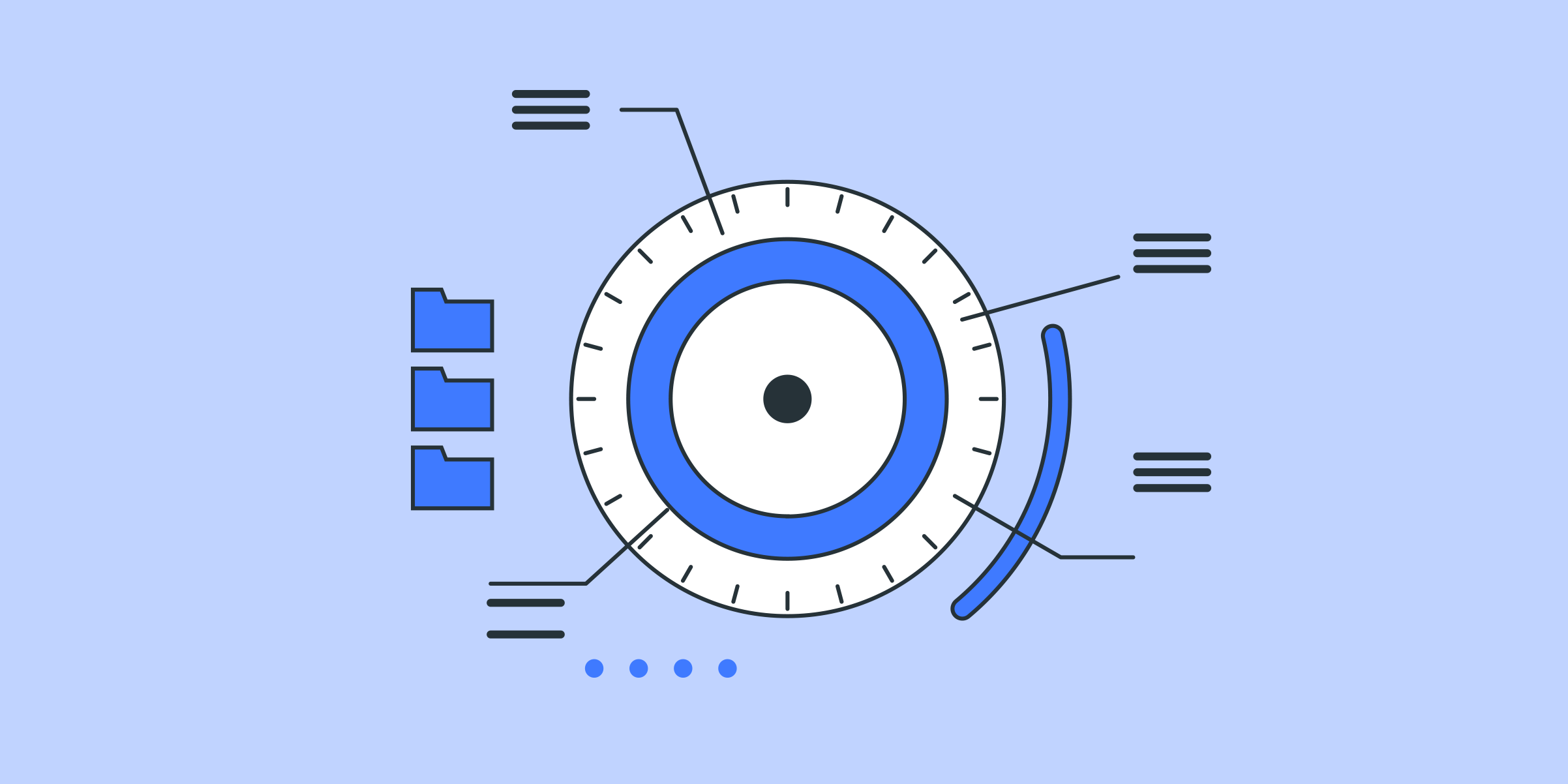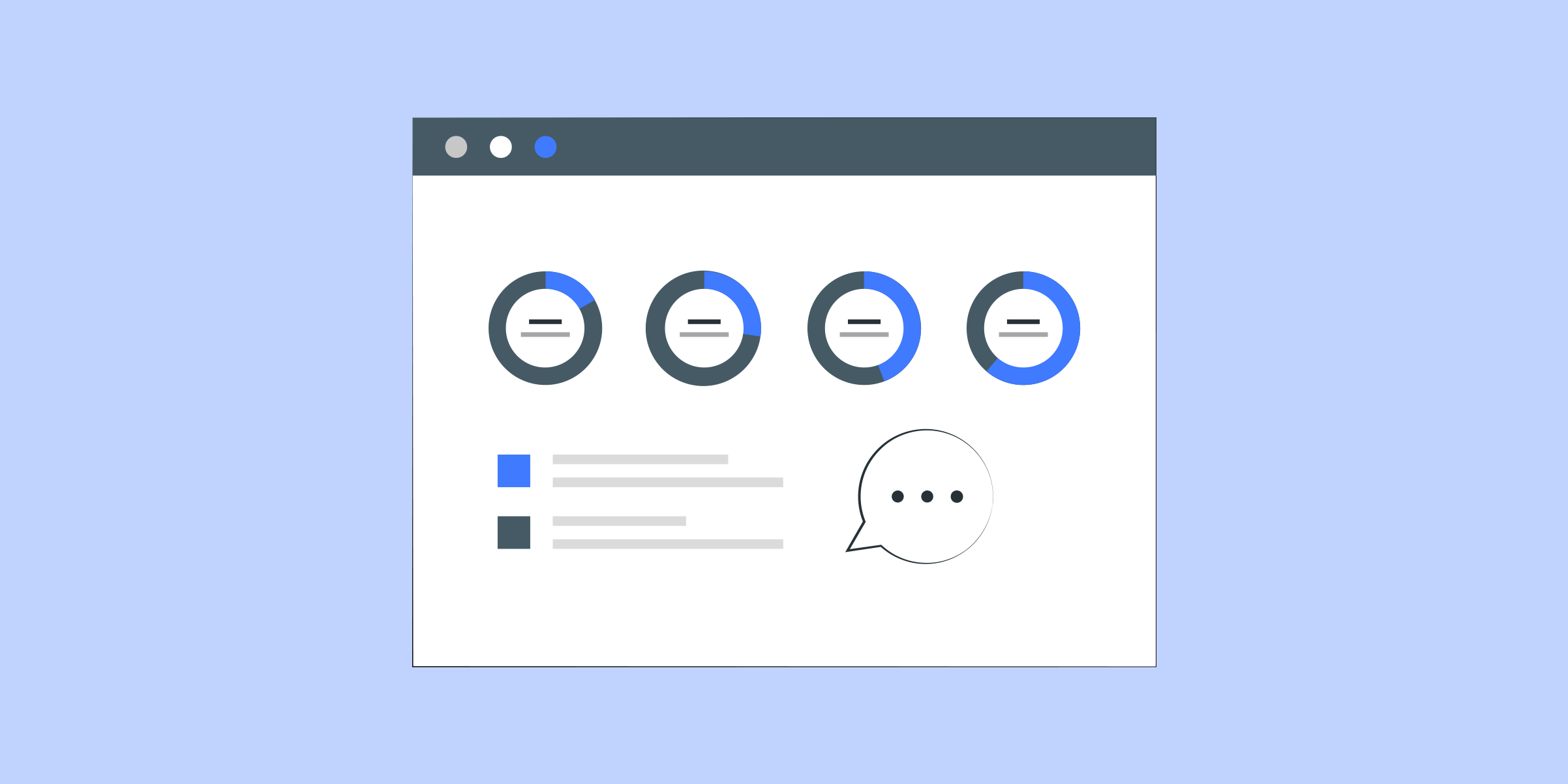Residential Proxies
Allowlisted 200M+ IPs from real ISP. Managed/obtained proxies via dashboard.

Proxies
Residential Proxies
Allowlisted 200M+ IPs from real ISP. Managed/obtained proxies via dashboard.
Residential (Socks5) Proxies
Over 200 million real IPs in 190+ locations,
Unlimited Residential Proxies
Use stable, fast, and furious 700K+ datacenter IPs worldwide.
Static Residential proxies
Long-lasting dedicated proxy, non-rotating residential proxy
Dedicated Datacenter Proxies
Use stable, fast, and furious 700K+ datacenter IPs worldwide.

Web Unblocker
View content as a real user with the help of ABC proxy's dynamic fingerprinting technology.
Proxies
API
Proxy list is generated through an API link and applied to compatible programs after whitelist IP authorization
User+Pass Auth
Create credential freely and use rotating proxies on any device or software without allowlisting IP
Proxy Manager
Manage all proxies using APM interface

Proxies
Residential Proxies
Allowlisted 200M+ IPs from real ISP. Managed/obtained proxies via dashboard.
Starts from
$0.77/ GB
Residential (Socks5) Proxies
Over 200 million real IPs in 190+ locations,
Starts from
$0.045/ IP
Unlimited Residential Proxies
Use stable, fast, and furious 700K+ datacenter IPs worldwide.
Starts from
$79/ Day
Rotating ISP Proxies
ABCProxy's Rotating ISP Proxies guarantee long session time.
Starts from
$0.77/ GB
Static Residential proxies
Long-lasting dedicated proxy, non-rotating residential proxy
Starts from
$5/MONTH
Dedicated Datacenter Proxies
Use stable, fast, and furious 700K+ datacenter IPs worldwide.
Starts from
$4.5/MONTH
Knowledge Base
English
繁體中文
Русский
Indonesia
Português
Español
بالعربية

Title: Web Scraping Google Search Results using Python for Effective SEO
Introduction:
In the realm of search engine optimization (SEO), understanding the importance of web scraping is crucial. By leveraging web scraping techniques, we can extract invaluable insights from Google search results and optimize our websites accordingly. In this blog post, we will explore how to scrape Google search results using Python and discuss its significance in enhancing SEO strategies.
1. Understanding Web Scraping:
Web scraping, also known as web data extraction, is the process of automatically gathering and extracting information from websites. Through web scraping, we can obtain structured data from various sources, including search engines like Google. This data can provide insights into keyword ranking, competitor analysis, trending topics, and user preferences.
2. Benefits of Web Scraping Google Search Results:
- Keyword Research: Web scraping allows us to analyze Google search results to identify popular keywords related to our niche. By knowing which keywords rank higher, we can optimize our website content and improve our search engine rankings.
- Competitor Analysis: Through web scraping, we can extract data from competitor websites that appear in top search results. This helps us gain insights into their SEO strategies, understand their keyword usage, and identify opportunities for improvement.
- Trend Analysis: Web scraping allows us to extract trending topics and keywords from search results. This information can assist in creating relevant and engaging content that aligns with current user interests.
- SERP Analysis: By scraping search engine results pages (SERPs), we can evaluate the performance of our website in terms of click-through rates (CTR), meta descriptions, and page titles. This analysis can help in optimizing these aspects to attract more organic traffic.
- Backlink Opportunities: Web scraping can identify websites that link to our competitors but not to us. By analyzing these link sources, we can identify potential backlink opportunities, enhancing our off-page SEO strategy.
3. Web Scraping Google Search Results using Python:
Python provides excellent libraries for web scraping, making it a popular choice for this task. One such library is BeautifulSoup, which simplifies parsing HTML and XML documents. Here's a step-by-step guide to scraping Google search results using Python and BeautifulSoup:
- Step 1: Install the required libraries – BeautifulSoup and requests.
- Step 2: Send an HTTP GET request to the Google search results page using the requests library.
- Step 3: Parse the HTML response using BeautifulSoup to extract relevant data, such as titles, URLs, and descriptions.
- Step 4: Process and analyze the scraped data to gain insights and improve SEO strategies.
Conclusion:
Web scraping Google search results using Python is an indispensable tool for effective SEO. By leveraging web scraping techniques, we can gain valuable insights into keyword research, competitor analysis, trend analysis, SERP analysis, and backlink opportunities. This information enables us to optimize our website's content, enhance user experience, and improve search engine rankings. Embracing web scraping as part of our SEO strategy is crucial in today's competitive online landscape.
Featured Posts
Popular Products
Residential Proxies
Allowlisted 200M+ IPs from real ISP. Managed/obtained proxies via dashboard.
Residential (Socks5) Proxies
Over 200 million real IPs in 190+ locations,
Unlimited Residential Proxies
Use stable, fast, and furious 700K+ datacenter IPs worldwide.
Rotating ISP Proxies
ABCProxy's Rotating ISP Proxies guarantee long session time.
Residential (Socks5) Proxies
Long-lasting dedicated proxy, non-rotating residential proxy
Dedicated Datacenter Proxies
Use stable, fast, and furious 700K+ datacenter IPs worldwide.
Web Unblocker
View content as a real user with the help of ABC proxy's dynamic fingerprinting technology.
Related articles

Exploring the Concept of Social Proxy: The Influence of Others on Our Behavior
Title: Exploring the Role of Social Proxy in Modern SocietyIn today's digital age, the concept of a "social proxy" has become increasingly prevalent in our everyday lives. This term refers to the phenomenon of individuals using social media platforms and online personas to represent themselves to the world. Essentially, a social proxy acts as a digital stand-in for a person, shaping their online identity and interactions with others.Social proxies play a significant role in shaping how we perceive and present ourselves in the virtual realm. Through carefully curated posts, images, and interactions, individuals can craft a specific image or persona that may differ from their true selves. This can lead to both positive and negative consequences, as social proxies can be used to enhance one's reputation, mask insecurities, or even deceive others.Moreover, the rise of social proxies has also brought about new challenges related to authenticity and trust in online interactions. As more and

Unblocking YouTube: How Croxy Proxy Helps Access the World's Favorite Video Platform
Are you tired of restrictions preventing you from accessing certain YouTube videos? Well, look no further than Croxy Proxy! This innovative proxy service unlocks the full potential of YouTube, allowing you to watch any video from anywhere in the world.Croxy Proxy is a game-changer when it comes to bypassing geographical restrictions. Whether you are traveling or living in a country where YouTube is restricted, this proxy service provides a solution to access your favorite videos without any hassle.With Croxy Proxy, you can enjoy high-quality streaming on YouTube, regardless of your location. This powerful tool ensures a seamless streaming experience, allowing you to watch videos in HD or even 4K resolution.Not only does Croxy Proxy grant you access to YouTube, but it also ensures your online privacy and security. By using this proxy service, your online activities are concealed, making it impossible for anyone to track your browsing history or collect your personal information.Setting

Scraping Google Search Results with Python: A Comprehensive Guide to Web Scraping
In this blog post, we will explore how to perform web scraping on Google search results using Python. Web scraping allows us to extract valuable information from websites, and in this case, we will focus specifically on extracting data from Google search results.Python provides powerful libraries such as BeautifulSoup and Requests, which make it easy to interact with websites and retrieve the desired information. We will leverage these libraries to scrape Google search results and extract relevant data such as titles, URLs, and snippets.First, we will learn how to send a search query to Google programmatically using Python's Requests library. We will then parse the HTML response using BeautifulSoup to extract the desired information from the search results page. With this information, we can build custom scripts to analyze and process the data according to our specific needs.We will also discuss best practices and potential challenges when scraping Google search results. Google employs